29 Most Common Black Mold Symptoms!
Here is a list of Black Mold symptoms you may experience from prolonged black mold exposure. Also included in this post will be symptoms of other related health problems that may be more severe
What are the most common symptoms associated with Black Mold?
In this informative post, you’ll learn;
- The 29 most common Black Mold symptoms.
- How much Black Mold exposure is harmful.
- Diagnosis and treatment.
- How to prevent these symptoms from reoccurring.
If you have any of these symptoms, please talk to your doctor about mold poisoning!
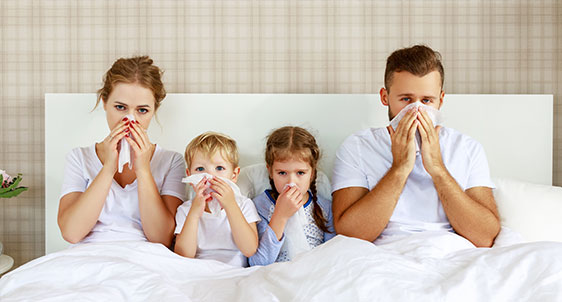
Do you have Black Mold symptoms?
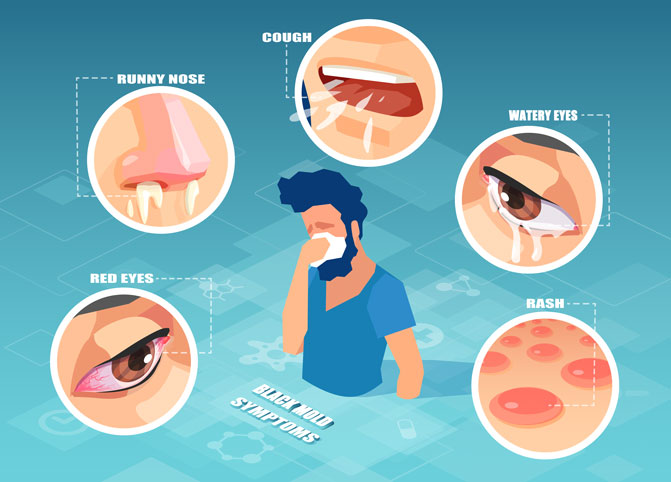
For most people this time of year, sickness is inevitable. Being the middle of Winter, it’s just about peak flu season. You have been having various symptoms, and you are likely working yourself up thinking it’s the FLU or at the very least, a nasty cold.
You make your doctor’s appointment only to find out it is neither… you aren’t sick. Maybe it’s allergies he says, or you may possibly have black mold in your home.
You know that you’ve never had allergies before, so it can’t really be that. But as you sit and think about it, you did have a leaking pipe upstairs recently, and maybe there is mold somewhere.
You think to yourself, “Great, now what?”.
Contemplating the fact there might be black mold somewhere in the home, you start to really think about all the symptoms you are experiencing.
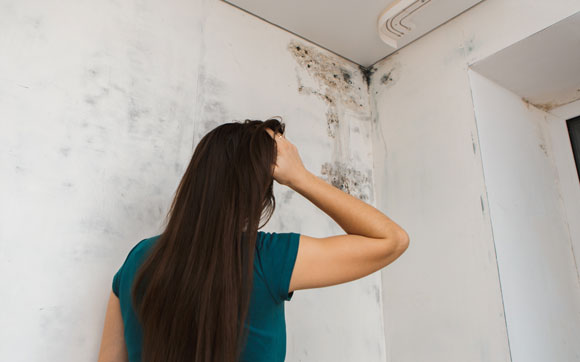
When black mold is in your house, you are breathing in the spores and mycotoxins. Mycotoxins are what is naturally produced by toxic black mold and other types of mold.
When breathing in the mold, the spores will become trapped in your nose, mouth, and lungs.
Even more so, they can get into the little mucus membranes of your nose (sinus cavity). When this occurs over an extended period, it can cause a variety of black mold symptoms including:
- Itchy/runny/stuffed up nose.
- Wheezing, or shortness of breath.
- Sore throat and/or cough
- Bleeding of the nose, gums, or lungs.
- Burning sensation in the nose, throat, or chest.
While most of these Black Mold symptoms are common with other types of illness, prolonged black mold exposure can also cause them and other more serious symptoms.
Black Mold Poisoning?
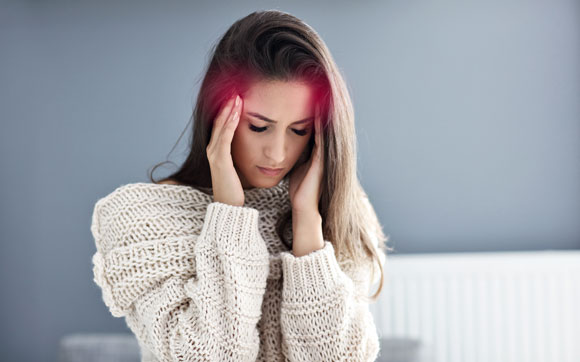
Mycotoxicosis, or mold poisoning, will affect your upper respiratory system, meaning you’ll have similar symptoms to that of a cold or flu.
Many times, mold poisoning will be passed off as just having a bad cold with a nasty cough.
But…. those who also have allergies in general, should beware of the following black mold poisoning symptoms:
- Persistent headaches.
- Feeling overly tired even with rest.
- Having constant chest colds or sinus infections.
- Always coughing, but more so at night.
- Having difficulty breathing.
Anyone that already has a respiratory condition like asthma should pay more attention to these kinds of black mold symptoms.
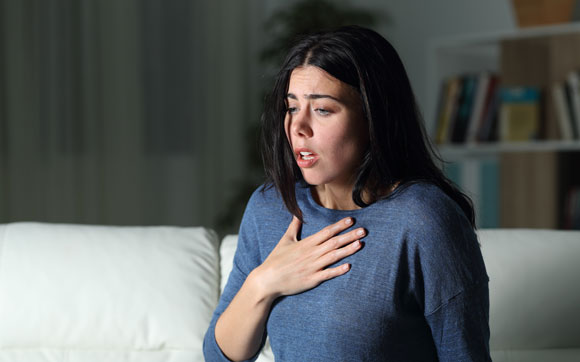
Additionally, they may also have more severe symptomatic responses.
Toxic black mold exposure can cause even more problems for individuals who may already be immunocompromised or have a type of respiratory illness:
- Seasonal Allergies
- Mold Allergies
- Asthma
- Immune system disorders, or compromised immune systems
- Cancer patients, young children, elderly adults
- COPD
- Cystic Fibrosis
In 2012, a study was completed to see what the cause of asthma was for young children.
It was determined that 24% of children who grew up in a home that was contaminated with mold developed asthma by the time they were 7 years old.
Anyone with these types of respiratory issues will likely have more severe or significant symptoms of mold poisoning.
How Much Mold Exposure is Harmful?
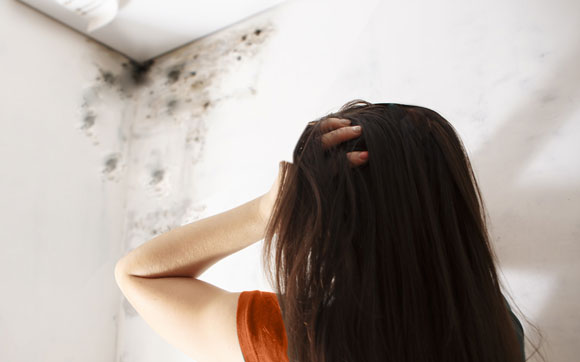
In addition to the most common black mold symptoms and side effects, prolonged black mold exposure can cause even more symptoms.
Many include neurological and physical side effects:
- Decrease in ability to concentrate.
- Memory loss and confusion.
- Markedly noticeable weight gain/loss and increase thirst.
- Hair Loss
- Muscle and Joint pain.
- Abdominal Issues (pain, diarrhea, vomiting, and bloating)
- Anxiety
- Depression
- Mood swings
- Light sensitivity
- Numbness in extremities
- Seizures
- Shakes or trembles
- Rash/blisters/dry skin
- Fertility related problems
- Various diseases, and infections (Bronchitis, Reye’s Syndrome)
- Cancer
- Coma
- In Extreme cases, death can occur if the above-stated symptoms are left untreated, and you continue to be exposed to black mold.
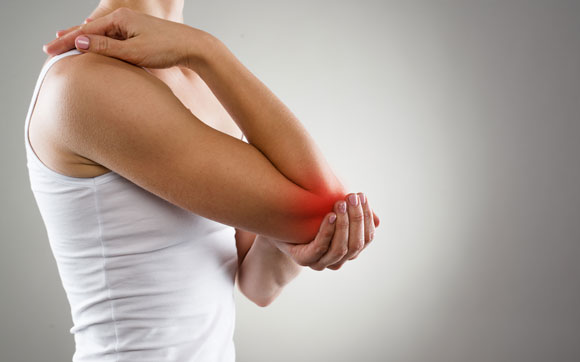
Some of these black mold symptoms are scary. It is important to see a doctor as soon as these symptoms occur.
Any amount of time being in a mold-infested home can cause negative reactions to your health.
So, to answer your question “Is black mold dangerous?” the answer is YES!!
Diagnosis & Treatment

Wonderful thing about black mold poisoning – IT’S TREATABLE!!
When going to the doctor because of the various symptoms that may arise from mold poisoning, there are 2 common tests that may be completed:
- Skin Prick Test – This is where little pokes will be made on your skin that will have different pathogens applied. Any kind of reaction (itching, swelling, redness) will indicate an allergy to the pathogen applied in that area. Each test location will have a corresponding number or label to easily identify what it was.
- Blood Test – This is like a regular blood test except the sample will be assessed for antibodies in the immune system that react with mold.
Once there is a medical diagnosis of black mold poisoning or a black mold allergy, it is time to treat it.
Depending on the severity of Black Mold symptoms, and the specific type of mold, the treatment options may differ.
Since every person is different, how the toxic mold affects people will also be different.
For allergy-type symptoms, the ones like seasonal allergies, the treatment may be the same:
- Nasal spray
- Antihistamines (Benadryl, Zyrtec, Allegra)
- Decongestants
Other types of treatment may be needed if the black mold symptoms are more severe:
- Allergy Shots – This will be determined by your doctor as they only work against certain mold allergies.
- Nasal Rinse – Also known as nasal lavage, neti pot, or sinus irrigation can be used to rinse out the nose of any mycotoxins or mold spores. This can be completed in the comfort of your own home and can be done in diverse ways according to the Mayo Clinic
Keep Black Mold Symptoms from Reoccurring!
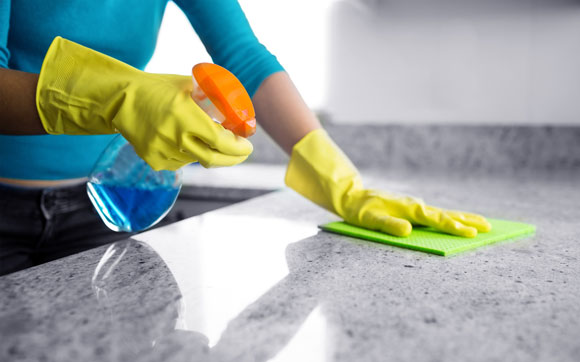
Once you have been diagnosed with a black mold allergy or poisoning and have started treatment – the first thing you will want to do is be sure the mold problem is gone and never comes back!
Here are some ways to be sure the mold is gone and how to prevent it from coming back:
- Clean any hard surfaces like counters and faucets with mold killing products. You can also use a combination of bleach and water for these surfaces.
- Remove any soft surfaces like carpet or drywall that may have been contaminated with mold. The CDC says that mold can even grow on paper, cardboard, and wood!
- Be sure any leaks or flooding issues have been resolved.
- Keep rooms (bathrooms, basements, attics) free of moisture buildup by having proper ventilation.
- Healthline says to keep indoor humidity below 50%, and to use a dehumidifier if necessary
- Most importantly, if you aren’t sure about the mold issue in your home, contact a professional!
Rock Emergency Services Inc. is certified in the state of New York for Mold Remediation.
Share this Post
